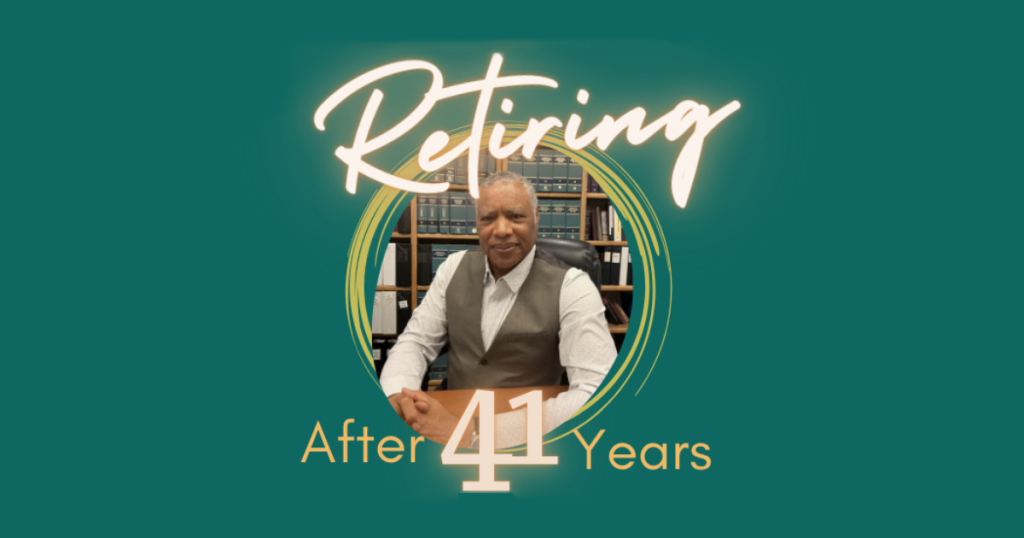A mission of Disability Rights Arizona (DRAZ) is for people with disabilities to enjoy equal employment opportunities in meaningful work of their choice. In Arizona, only 34% of adults with disabilities are employed, compared to 72% of adults without disabilities. Many of those employed with disabilities are underemployed. DRAZ advocates for non-discriminatory hiring practices, reasonable accommodations, and workplaces free of intimidation, retaliation, and harassment.
A mission of Disability Rights Arizona (DRAZ) is for people with disabilities to enjoy equal employment opportunities in meaningful work of their choice. In Arizona, only 34% of adults with disabilities are employed, compared to 72% of adults without disabilities. Many of those employed with disabilities are underemployed. DRAZ advocates for non-discriminatory hiring practices, reasonable accommodations, and workplaces free of intimidation, retaliation, and harassment.
DRAZ’s Civil Rights Team
DRAZ advocates for people with disabilities who face employment discrimination in hiring and during employment. One of the biggest barriers to finding and keeping a job is when employers fail to provide reasonable accommodations to job applicants and employees or provide accommodations that are not effective. Many times, employers do not listen to their employees with disabilities who understand best what they need to do the job. Another obstacle is when employers use hiring selection methods that screen out people with disabilities, including online applications and employment tests that stop when a specific response is received. For example, if an automated system asks “can you stand for 4 hours at a time” and an applicant in a wheelchair responds “no” the automated system ends. There, the employer screened out a potentially qualified individual with a disability who could do the job with an accommodation. DRAZ wants to help you confront and eliminate barriers keeping you from working to your potential.
DRAZ’s Civil Rights Team addresses employment discrimination based on disability by providing direct client services, technical assistance and self-advocacy tools, consultations, outreach and training in the community on employment rights, and systemic work focused on the rights of applicants and employees with disabilities based on our focus areas and resources.
Here are some examples of how DRAZ may provide direct services to people with disabilities facing employment discrimination:
- Negotiate with an employer to provide reasonable accommodations for an employee on a performance improvement plan.
- Draft a reasonable accommodation request for an employee who wishes to bring their service animal to work.
- File an ADA employment charge against a temporary employment agency that refused to send a temporary employee for assignments because she was still undergoing treatment.
- Represent an employee at mediation who was denied sign language interpreters during meetings, performance reviews, training, and in safety evacuation planning.
- Represent an employee with an Intellectual/Developmental Disability during the EEOC’s investigation about her employer’s refusal to hire her because she has a job coach.
DRAZ’s Civil Rights Team also advocates for people to be treated fairly when they file employment charges and for systemic changes, such as training and policy changes.
ADA Employment Rights at a Glance
Among other workplace rights, the Americans with Disabilities Act requires covered employers to:
- Provide reasonable accommodations to applicants necessary for an equal opportunity during hiring.
- Provide reasonable accommodations to employees:
- To perform the essential functions of the job;
- To allow access to the workplace site, facilities, and safety procedures;
- To be afforded an equal opportunity to enjoy the benefits of employment, such as training, work-sponsored events, and other benefits and privileges of employment; and
- For effective communication for employees who have vision or hearing loss.
- Treat people with disabilities equally to their co-workers who are not disabled in employment terms, such as pay, job assignments, and promotions. This includes treating people with a family member or partner with a disability fairly on the job without making assumptions about their ability to do their work.
- Provide a workplace that is free of disability-related harassment.
- Make job offers to applicants without asking disability-related questions or requiring medical exams.
- Not subject employees to medical examinations or disability-related questions unless they are necessary.
- Not have job requirements that tend to screen out people with disabilities.
- Not subject employees to retaliation for asking for their ADA rights or filing charges of discrimination.
See our Get Help page if you need legal assistance related to you or your family member’s employment rights.
Resources on Employment
Disability Rights Arizona has many useful self-advocacy resources on employment rights, including guides, infographics, videos, FAQs, and other materials. View all employment resources in our Resource Library.
Results
Client Assistance Program & Vocational Rehabilitation, Employment
- 4 years ago
- Self-Advocacy Tips
- American Sign Language
Client Assistance Program & Vocational Rehabilitation, Employment
- 4 years ago
- Self-Advocacy Tips
- Español
Pagination
External Links
- U.S. Equal Employment Opportunity Commission (EEOC)
- EEOC – Filing A Charge of Discrimination
- EEOC – How to File a Charge of Discrimination
- EEOC – After You File a Charge of Discrimination
- EEOC – Mediation
- EEOC – Remedies
- EEOC – List of Technical Assistance Documents
- EEOC – Latest Disability News
- Job Accommodation Network
- ADA National Network – Employment Resource Hub
- Arizona Attorney General’s Civil Rights Complaint Intake Questionnaire
- Arizona Technology Access Program (AzTAP)
- Asking for an Accommodation at Work – Disability Rights Texas (disabilityrightstx.org)
- How to Mitigate Your Damages – Equip for Equality
Find Resources or Apply for Assistance
We are committed in providing accurate disability-related legal information and advice to more individuals who need our services and assistance. In addition to limited legal representation, our goal is to provide efficient, streamlined services to educate people with disabilities and their family members on how to enforce their legal rights through self advocacy.

